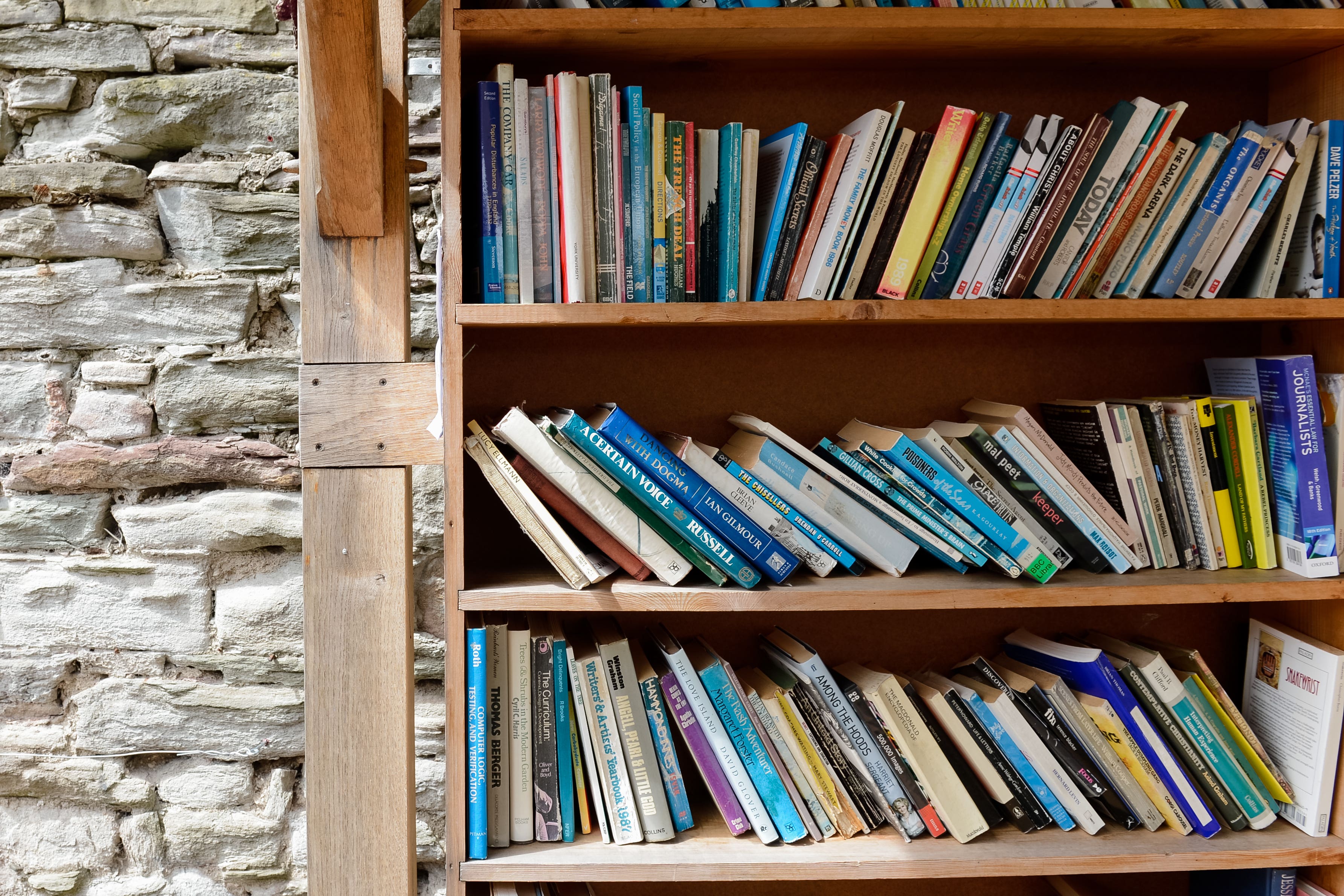Author funds bursary to help aspiring black British Caribbean writers
Two students stand to receive support, covering more than 80% of the total course fees.

Your support helps us to tell the story
From reproductive rights to climate change to Big Tech, The Independent is on the ground when the story is developing. Whether it's investigating the financials of Elon Musk's pro-Trump PAC or producing our latest documentary, 'The A Word', which shines a light on the American women fighting for reproductive rights, we know how important it is to parse out the facts from the messaging.
At such a critical moment in US history, we need reporters on the ground. Your donation allows us to keep sending journalists to speak to both sides of the story.
The Independent is trusted by Americans across the entire political spectrum. And unlike many other quality news outlets, we choose not to lock Americans out of our reporting and analysis with paywalls. We believe quality journalism should be available to everyone, paid for by those who can afford it.
Your support makes all the difference.Author Sara Collins is funding a creative writing bursary to offer aspiring writers from a black British Caribbean background the opportunity to pursue their literary passions.
The Jamaican-born novelist worked as a lawyer for 17 years before enrolling at Cambridge University’s Institute of Continuing Education and completing a Master of Studies in Creative Writing.
Within three years of graduating with a distinction, in 2016, her debut novel The Confessions Of Frannie Langton had won the 2019 Costa First Novel Award, and it was subsequently adapted into an ITV series.
Ms Collins is now contributing a “generous donation” towards a bursary at the Cambridge institute where she studied.
This will offer “substantial financial assistance” to one Black British Caribbean student embarking on a part-time, two-year Master of Studies programme in either Creative Writing or Writing for Performance at Cambridge’s Institute of Continuing Education (ICE) starting in 2024.
Ms Collins said her course there was the “first door I opened towards becoming a novelist”, adding: “Since I graduated, I’ve been thinking about doing what I can to give back.”
Her bursary is called the Joy Brandon Bursary, named after her late aunt Joy Brandon who was a poet, broadcaster and playwright in the Cayman Islands and who inspired her.
ICE will match Ms Collin’s donation, drawing from the James Stuart Endowment Fund – named after the institute’s founder.
This will mean that two students stand to receive support, covering more than 80% of the total course fees.
The successful applicants will contribute £3,200 per year to enrol on one of two Cambridge courses in autumn 2024, both taught in short intensive blocks so they are accessible to learners in full or part-time employment.
Ms Collins said: “The degree can help to provide a framework for getting the writing done.
“It is a good way of carving out time and space that you can protect from the other demands on your time.
“What’s exciting to me is that, for people who’ve had to suppress their dreams of writing to focus on work or family or other responsibilities, this bursary will give them room to write.”
Ms Collins said that Joy Brandon, her father’s sister who died of leukaemia when Ms Collins was 19, was her “first example of someone doing creative work”.
“Even though she was a journalist and a radio news broadcaster, she was also an amateur poet and a playwright on the side, which she pursued enthusiastically and passionately,” said Ms Collins.
“Within the limited scope of the opportunities that were available to her, she did very well.
“I think she’d have got a kick out of having this bursary dedicated to her.”
For details, see https://www.ice.cam.ac.uk/bursaries